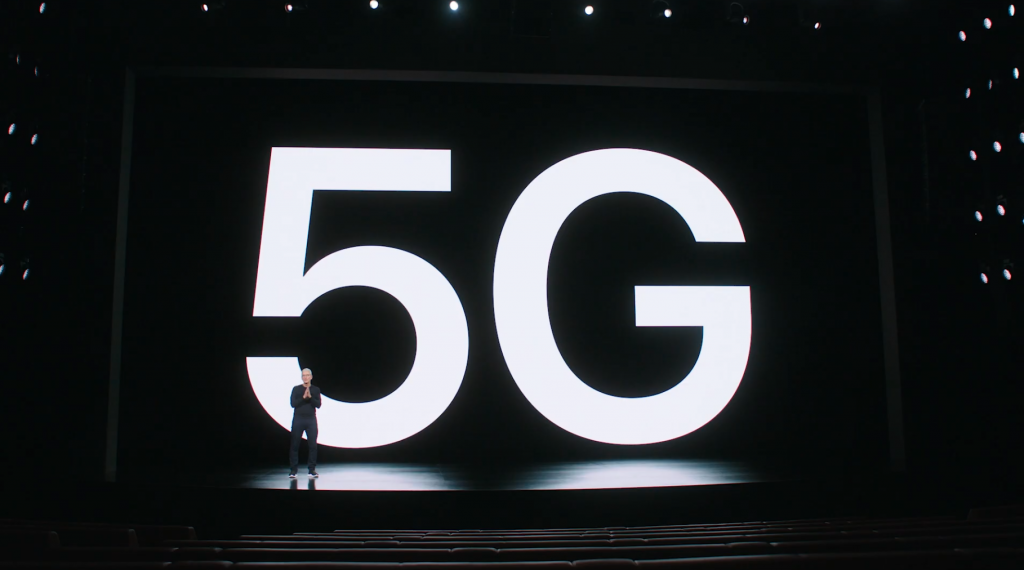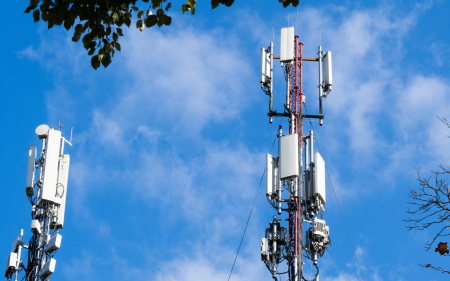In two months’ time, communications regulator Icasa will finally auction much-needed spectrum for the next-generation of 5G networks. It’s notable that it is the first time in 15 years that these critical radio frequencies are being sold to operators, who were last able to buy spectrum when 3G was launched. Yes, that long ago.
But, with all things in South Africa’s telecoms industry, it’s never simple. As much as the operators have been begging for spectrum, there are already legal ructions over how the auction will be conducted.
The first of two court cases brought against Icasa in December is from Telkom alleging that the auction will entrench the two dominant players, MTN and Vodacom. The second is from MTN arguing that the auction process will favour the smaller operators.
MTN claims Icasa’s invitation to apply (ITA) documents are “unlawful”. It argues that the Tier 1 operators (MTN and Vodacom) are not allowed to bid in the first round of the upcoming spectrum auction. The crucial 3.5GHz frequency was added to this round, which MTN points out is “optimal for 5G usage”.
The Tier 2 operators (Telkom, Liquid Telecom, Cell C, and Rain) will be able to buy this spectrum in that so-called “opt in” round.
MTN says this will disadvantage it and is challenging the definitions of a Tier 1 versus a Tier 2 operator, arguing they are “impermissibly vague, arbitrary and unreasonable”.
“The spectrum auction is arguably the most important industry development in the past 15 years,” MTN said in a statement. It is therefore “limiting” its legal action to “a very narrow focus” and wants to review – and remove – the Tier 1 and 2 categorisation and the opt-in round from the auction process.
Telkom, on the other hand, is arguing that the process will entrench the “dominance” of MTN and Vodacom. It also takes exception to the conditions for the awarding of the critical 700MHz and 800MHz bands. These are currently being used by the SABC for its old-fashion analogue broadcasts, and is known as the “digital dividend” by the cellular industry because it is so useful for telecoms, especially 5G.
But, Telkom argues, even though operators can buy access to these frequencies, they are still in use by the broadcasters. Icasa still wants the successful winner to pay, says Telkom, even if they can’t be used.
Icasa said it will defend against Telkom’s legal challenge. “This latest litigation attempt is characteristic of either impatience or a subtle desire to channel the authority’s decision-making outlook,” said Icasa chairman Keabetswe Modimoeng, before the MTN lawsuit was filed. “We, however, remain steadfast and will defend the process against these challenges.”
A reasonable person might expect the miscommunications ministry to intercede and smooth this perennially litigious sector. But that ministry is so bereft of ideas and imagination that it – seriously – wants to redefine smartphone as televisions so it could extend the absurd SABC licence fee to every cellphone owner. Yes, really. I’m embarrassed for the minister, and her deputy minister who was the one to actually suggest it during a Zoom parliamentary briefing. The other hairbrained scheme concocted over at Fawlty Towers was to get DStv, Netflix of Amazon to collect those TV licence fees for the SABC.
At least the minister knows which country Zurich is in….
Back in the reality the rest of us inhabit, the way the auction is set up really doesn’t make sense. The 3.5Ghz range is known as the “anchor band” and the 5G smartphones, and other devices, are designed around it.
Telkom is the underdog in mobile, as is Liquid Telecoms, which bought the fixed-line operator Neotel that was set up to compete against Telkom. Both already have lots of this anchor band (28MHz by Telkom and 56MHz by Liquid) and the big players can be forgiven for pulling their hair out. Part of the problem is that is takes a small fortune to build a 5G network, in the billions of dollars. Government may want to expand the sector and introduce new players but they need to have the financial muscle to be able to build and maintain those networks.
Expect more lawsuits, and more stinging words, before this process gets resolved.
This article first appeared in the Daily Maverick.




